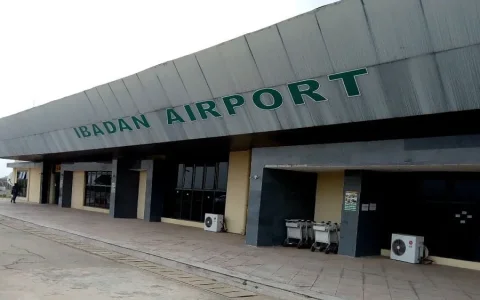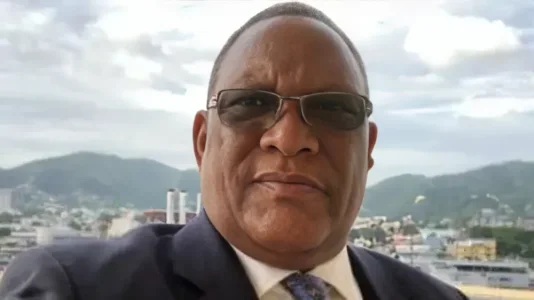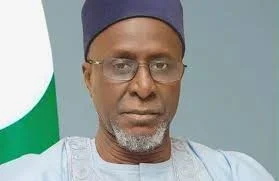
Blue Carbon, a Dubai-based company led by Emirati royal Sheikh Ahmed Dalmook Al Maktoum, has acquired forested land across Zimbabwe, Zambia, Kenya, Liberia, and Tanzania, equivalent to the size of the United Kingdom. The controversial move aims to run carbon offset projects, conserving forests to prevent the release of significant carbon dioxide. Blue Carbon plans to generate carbon credits from these conservation efforts, intending to sell them to companies and governments as a means of offsetting their carbon emissions.
The timing of these conservation deals, strategically announced ahead of the UN COP28 climate summit hosted by the United Arab Emirates, raises questions about the UAE's commitment to green initiatives versus its ongoing reliance on fossil fuels. While the UAE claims to extract its last barrel of oil in 50 years, critics argue that such conservation projects might serve as a smokescreen for continued fossil fuel production.
Sultan Al Jaber, head of the Abu Dhabi National Oil Company (ADNOC) and the nation's international climate envoy, faces criticism for leading COP28 negotiations, with concerns raised about potential conflicts of interest. Critics argue that the fossil fuel industry's involvement in climate negotiations raises doubts about genuine commitment to a green transition.
Blue Carbon's acquisitions, part of a broader carbon offset strategy, prompt skepticism within the climate advocacy community. Carbon offset schemes, criticized for their potential to allow continued fossil fuel production, raise concerns about their efficacy in achieving meaningful climate goals. The story unfolds against the backdrop of the UAE's ambitious plans to emerge as a key player in carbon offset initiatives, potentially influencing the rules and regulations surrounding these credits at COP28.
As the COP28 summit approaches, questions arise about the true motivations behind these conservation deals and whether they genuinely contribute to global climate solutions or serve as a strategic move to perpetuate fossil fuel interests. Critics emphasize the need for transparency and a careful examination of the environmental, social, and economic impacts of such carbon offset projects. The story underscores the complex intersection of climate initiatives, carbon trading, and the geopolitical dynamics of fossil fuel-producing nations.




